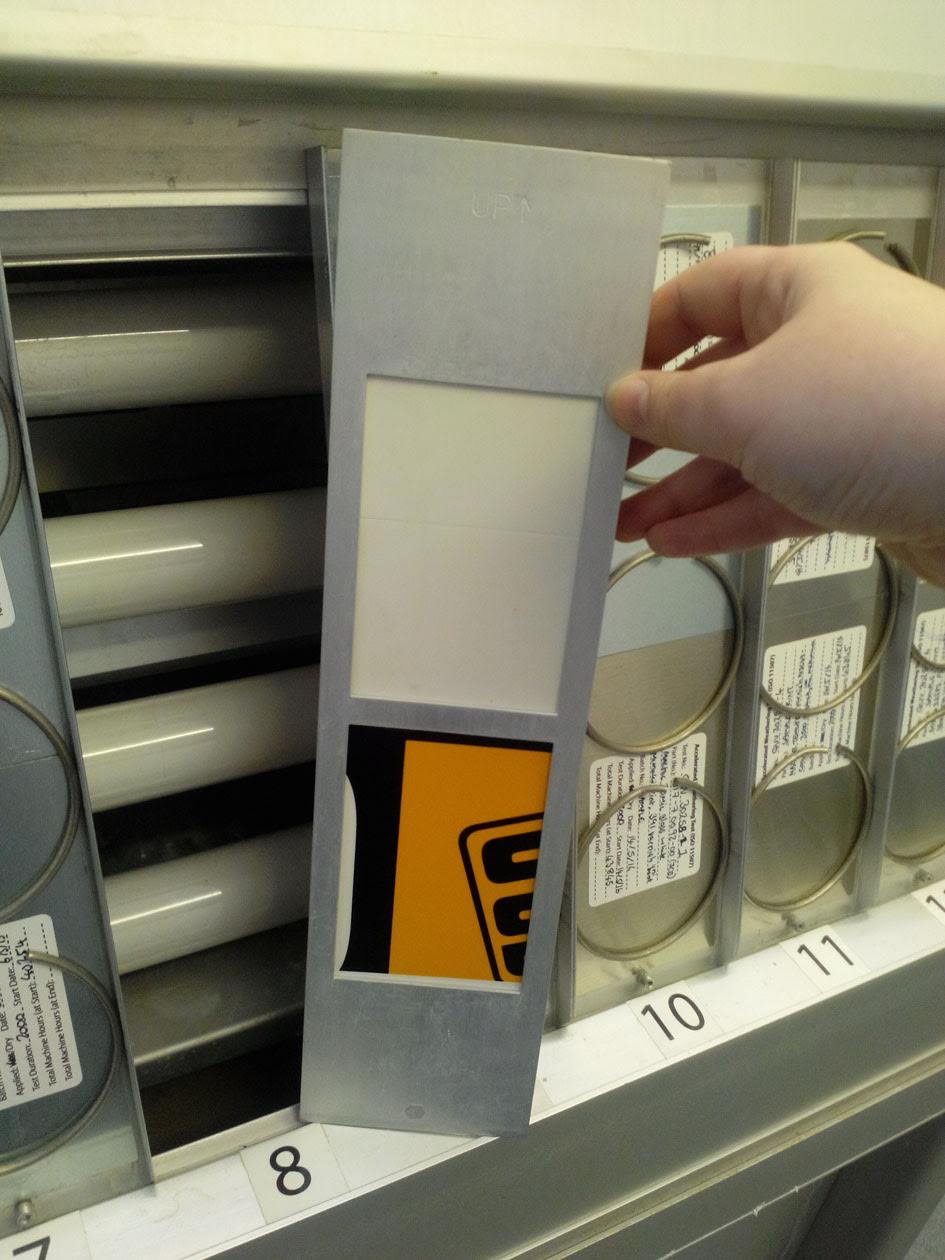Compliance
ISO 9001 & ISO 14001
We believe that quality control is about ownership rather than management and all of our workforce have been empowered with the responsibility to control quality procedures and reporting in their own area as quality is not about having a manual or a certificate rather it is how you demonstrate and express performance good and bad.
Perhaps the best indicator of how we measure up as a supplier is to consider delivery performance and how our clients rate us. In most cases we are rated as having achieved ‘Outstanding Supplier Performance’ of which we are very proud.
With a commitment of continual improvement now firmly in place we embarked on our journey to reduce our environmental impact. By August 2009 we had further improved our standing with an ISO 14001 accreditation firmly under our belt, and following the framework laid out by ISO 14001 we have successfully reduced harmful effects on the environment and are committed to making continuous improvements with regards raw materials, process and waste.



Validation
Our on-site research, development and innovation centre enables us to focus on further improving the performance and sustainability of our products to more efficiently support our customers. The centre features full testing, scale up and analytical capabilities including an accelerated weathering station which reproduces exposure to sunlight, rain and humidity.
Providing validation to our customers is the formal procedure we use to determine if a product complies with industry standards or customer specification. This requires that we collect documented evidence of tests carried out in our centre. The objective is to prove materials and production processes achieve the required result and will continue to provide the same level of performance in the future. This collection of documentation is the validation.
When referring to compliance and validation it is generally accepted there is a distinct difference between anecdotal evidence and scientific evidence, or proof based on findings from repeated observation, measurement, and experimentation.
While scientific evidence can be independently verified using scientific method, anecdotal evidence cannot. Anecdotal evidence is usually offered when there is an absence of scientific evidence.
However, in our experience, it is difficult to find an experiment where everyone achieves the same result and if the end result is just an impersonal number it provides no guarantee.
It is probably more important therefore to find some correlation between test results and real time application and the threshold for failure rather than the minimal requirement to pass in a test environment. This is when we use our experience and archive of test data to recommend and future-proof performance.
